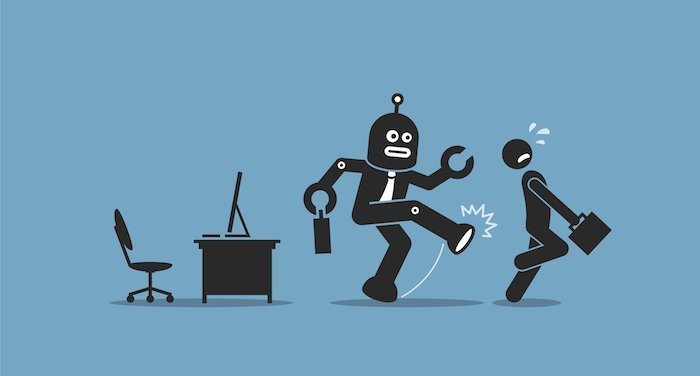As technology continues to advance quickly, the ethical implications of automation are becoming increasingly complex and concerning. From job displacement to biased decision-making, the impact of automation on society is far-reaching and cannot be ignored, so let’s go over them in this article.

It’s no secret automation has become an important part of our everyday life, automation is seen in fields like manufacturing, customer service, and beyond. With the rise of automation, there comes the question of ethics – some of the questions raised are about automation’s impact on jobs, society, the environment, and even humanity as a whole.
Employment
One of the most argued and most widely known ethical concerns about automation is its impact on employment. As automation technologies become more advanced, there are concerns that they will replace jobs traditionally done by humans, leading to widespread unemployment. But the counter-argument for this is that automation is also creating new jobs, just with different skill sets. Automation is creating create new jobs, such as those in the field of robotics, AI, and software engineering. For example, the development of self-driving cars has created new jobs in the automotive and tech industries.
Biased Algorithms
Another critical ethical concern about automation is the potential for biases to be coded or embedded into the algorithm that controls these automated systems. These biases can play critical roles in the future of those organizations that implement them as such, leading to discrimination against certain groups. For example, facial recognition software has been shown to be less accurate in identifying people of color, leading to concerns about racial bias.
It is important to be aware of the ethical concerns of automation and to take steps to mitigate the risks. Companies need to ensure that automation is used in a way that benefits everyone, not just a select few.
Here are some examples of how automation is being used today:
- In manufacturing, robots are being used to assemble products, weld parts, and paint cars.
- In healthcare, robots are being used to perform surgery, dispense medication, and provide physical therapy.
- In retail, self-checkout kiosks are being used to replace human cashiers.
- In transportation, self-driving cars are being developed to replace human drivers.
These are just a few examples of the many ways that automation is being used today. As automation continues to develop, it is important to be aware of the ethical implications of this technology and to take steps to mitigate the risks.
How NLP is improving customer service, read here!
How Blockchain can help Elections, important article!
What will blockchain tech do to the music industry?
Education needs a change, can AI help?
Automation and the environment, get ready for this!
Can Blockchain make society more equal?




